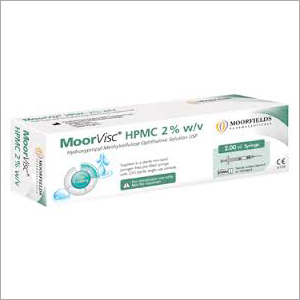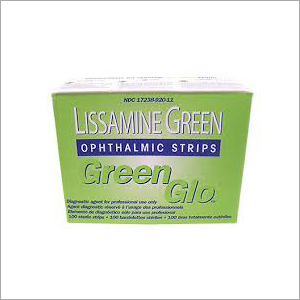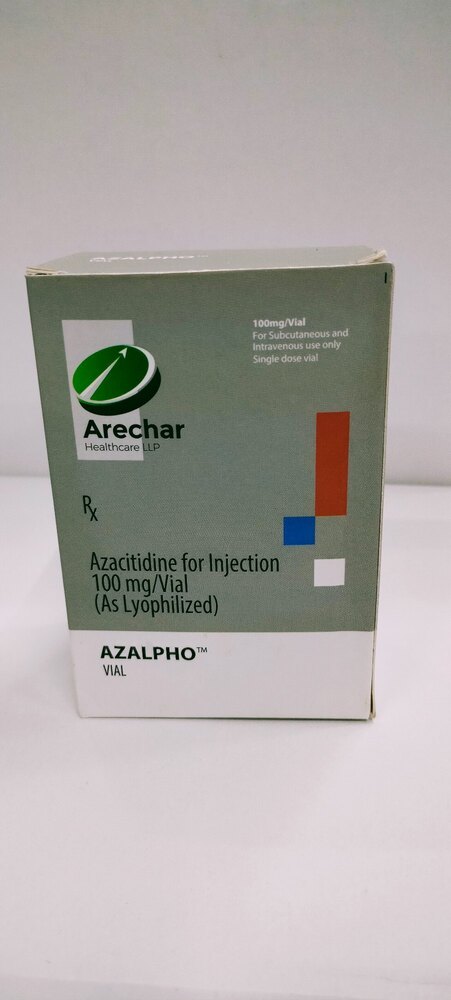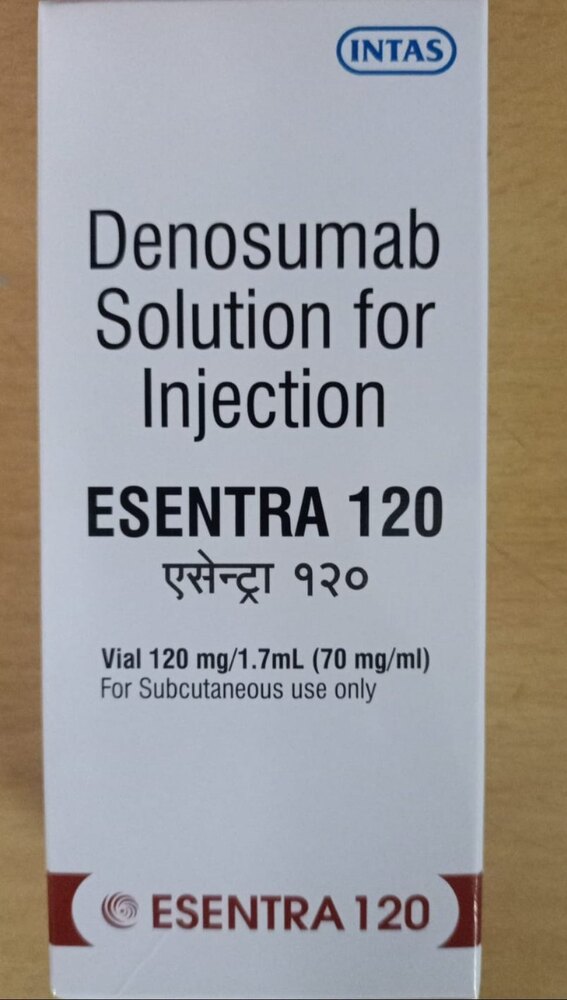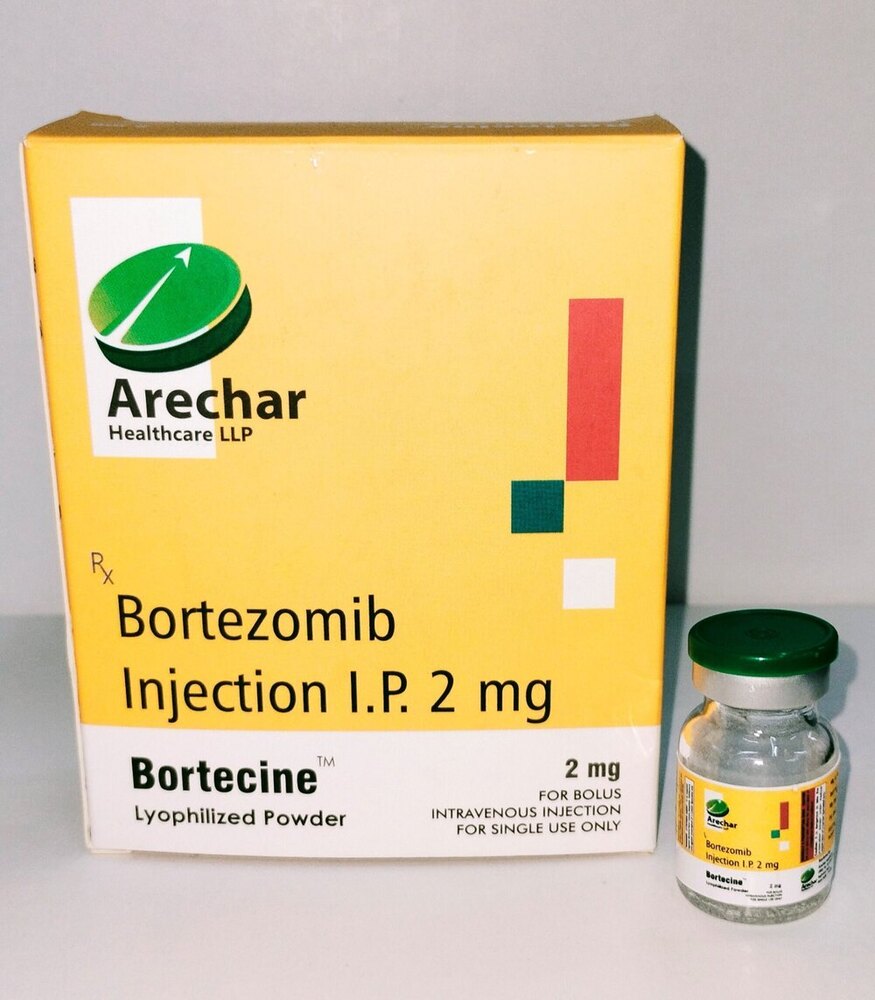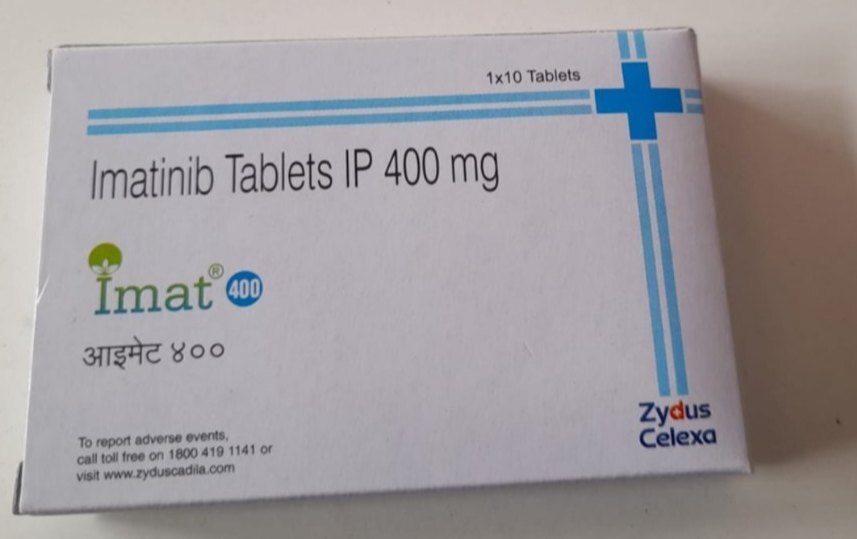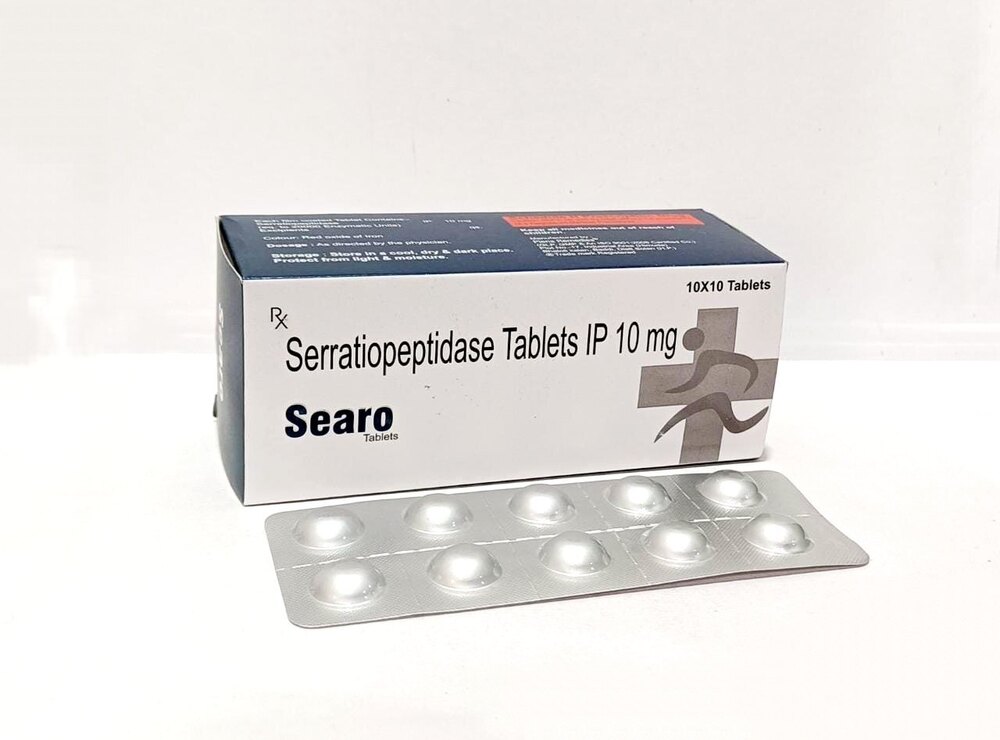Most Popular Product
|
Azalpho Azacitidine For Injection 100mg / Vial
3500 INR/Pack
Product Details:
X
Azalpho Azacitidine For Injection 100mg / Vial Price And Quantity
- 100 Pack
- 3500 INR/Pack
Azalpho Azacitidine For Injection 100mg / Vial Trade Information
- AHMEDABAD
- Paypal Cash Advance (CA) Cash in Advance (CID) Letter of Credit at Sight (Sight L/C) Letter of Credit (L/C)
- 3 Days
- Sample costs shipping and taxes has to be paid by the buyer
- Box
- Asia Australia Central America North America South America Eastern Europe Western Europe Middle East Africa
- All India
Product Description
Azalpho (Azacitidine) for Injection 100mg/Vial is a medication that contains Azacitidine as its active ingredient. It is used primarily in the treatment of certain types of blood cancers and bone marrow disorders, particularly in myelodysplastic syndromes (MDS) and acute myeloid leukemia (AML).
Key Details about Azalpho (Azacitidine) for Injection 100mg/Vial:
Active Ingredient:
- Azacitidine (100 mg per vial)
Common Uses:
- Myelodysplastic Syndromes (MDS): Azacitidine is used to treat certain types of MDS, a group of conditions where the bone marrow does not produce enough healthy blood cells. This medication can help improve blood counts and reduce the risk of progression to acute leukemia.
- Acute Myeloid Leukemia (AML): In patients who are not candidates for intensive chemotherapy, Azacitidine is used as part of a treatment regimen to improve survival rates in patients with AML.
- Chronic Myelomonocytic Leukemia (CMML): It may also be used in the treatment of CMML, a type of leukemia that affects both the bone marrow and blood.
Mechanism of Action:
- DNA Methylation Inhibition: Azacitidine is a cytotoxic drug that works by incorporating itself into the DNA and inhibiting the process of DNA methylation. This leads to the reactivation of certain genes that are involved in controlling the growth of blood cells, thus helping to restore normal function in the bone marrow and reduce abnormal cell proliferation.
- Apoptosis of Abnormal Cells: Azacitidine induces cell death (apoptosis) in abnormal cells, particularly in cancerous blood cells, and helps to improve the production of healthy cells in the bone marrow.
Dosage:
- The exact dosage of Azacitidine is determined by the treating physician and is based on the specific condition being treated, the patient's overall health, and other factors.
- For MDS or AML, it is typically administered as an injection under the skin (subcutaneous) or into a vein (intravenous). The usual regimen involves injections for 7 days in a 28-day cycle.
- Dosage often starts at 75 mg/m² of body surface area per day, but adjustments may be made based on the patient's response and tolerance to the treatment.
Administration:
- Route: Azacitidine can be given either subcutaneously (under the skin) or intravenously (through a vein).
- Frequency: It is usually administered over 7 days in a 28-day cycle. The cycles may continue depending on how the patient responds to treatment.
- Injection Preparation: The drug is prepared by diluting the contents of the vial (100 mg) with an appropriate solvent as instructed by the healthcare provider.
Side Effects:
-
Common Side Effects:
- Nausea or vomiting
- Fatigue or weakness
- Diarrhea
- Low blood counts (e.g., anemia, neutropenia, thrombocytopenia)
- Pain or redness at the injection site
- Loss of appetite
-
Serious Side Effects:
- Infections: Due to low white blood cell counts, patients may be at a higher risk of infections.
- Severe bleeding: As a result of low platelet counts, bleeding complications (e.g., bruising, nosebleeds, or gastrointestinal bleeding) can occur.
- Liver issues: Liver toxicity or liver function abnormalities can arise, so regular monitoring of liver enzymes is important.
- Heart problems: In rare cases, Azacitidine can cause heart problems such as arrhythmias.
Precautions:
- Blood Counts: Patients undergoing treatment with Azacitidine need regular monitoring of blood counts, including red blood cells, white blood cells, and platelets.
- Liver Function: Azacitidine can affect liver function, so regular liver function tests are important.
- Pregnancy and Breastfeeding: Azacitidine should not be used during pregnancy unless absolutely necessary. It can harm a fetus, so effective contraception should be used during treatment. It is also not recommended during breastfeeding.
- Infections and Bleeding: Due to the risk of low blood cell counts, patients should be monitored for infections, bruising, and bleeding.
Interactions:
- Chemotherapy: Azacitidine can interact with other chemotherapy drugs, and dosages may need to be adjusted.
- Drugs that affect bone marrow: Be cautious if Azacitidine is used alongside other drugs that suppress bone marrow function or affect blood counts.
- Other medications: Always inform the healthcare provider about all medications being taken, including over-the-counter drugs and supplements.
Storage:
- Store Azacitidine in a cool, dry place, away from light. Keep the vials in their original packaging until ready to use.
- Do not freeze the medication, and ensure that it is disposed of properly once opened or expired.
Conclusion:
Azalpho (Azacitidine) is an important treatment option for patients with myelodysplastic syndromes (MDS), acute myeloid leukemia (AML), and other related blood disorders. It helps regulate blood cell production and can improve quality of life by reducing symptoms related to abnormal blood cell production.
Tell us about your requirement

Price:
Quantity
Select Unit
- 50
- 100
- 200
- 250
- 500
- 1000+
Additional detail
Mobile number
Email
Other Products in 'Skin Care Products' category
 |
TABNCAP HEALTHCARE
All Rights Reserved.(Terms of Use) Developed and Managed by Infocom Network Private Limited. |




